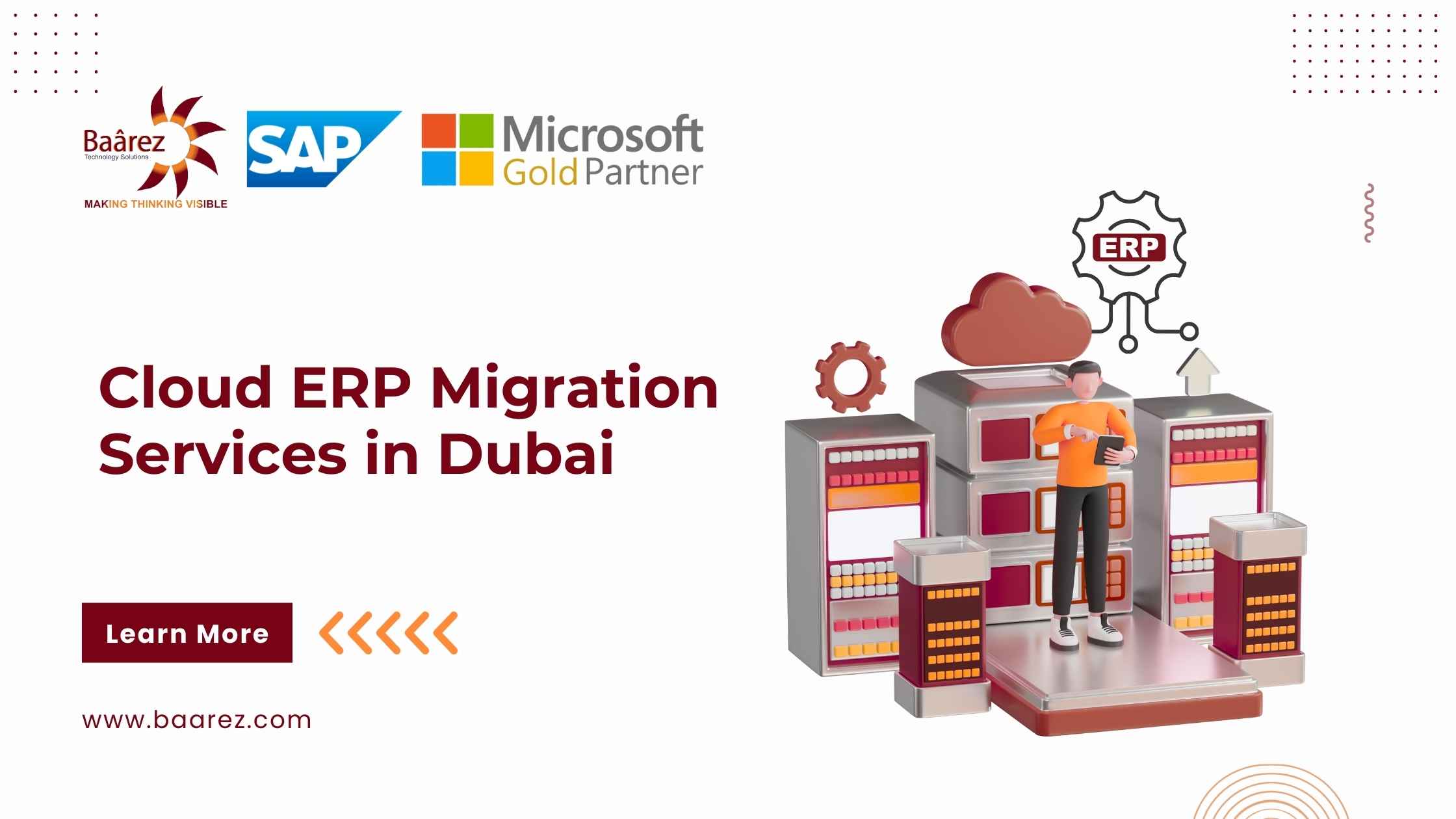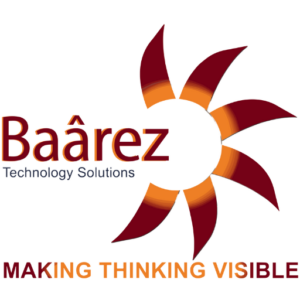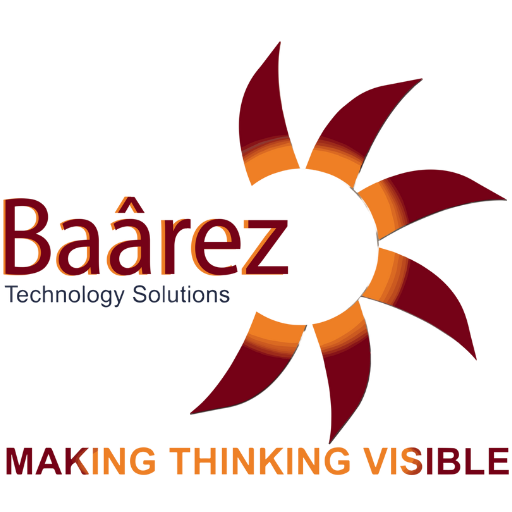
Moving your ERP system to the cloud is no longer just a trend—it’s a business necessity. Many organizations across Dubai and the UAE are choosing ERP cloud migration to improve scalability, reduce costs, and stay compliant with local regulations. But migrating ERP to cloud UAE can be complex without the right guidance.
In this blog, we’ll walk you through everything you need to know about cloud ERP migration services in Dubai—from the basics, benefits, challenges, steps, and costs, to choosing the right migration partner.
Table of Contents
ToggleWhat is ERP Cloud Migration?
ERP Cloud Migration refers to the process of moving an organization’s Enterprise Resource Planning (ERP) system from on-premise servers to a cloud-based environment. Instead of maintaining expensive local infrastructure, businesses in Dubai and across the UAE are increasingly adopting cloud ERP solutions that are flexible, cost-efficient, and accessible from anywhere.
On-Premise ERP vs. Cloud ERP
Here’s a quick comparison to understand the difference:
Feature | On-Premise ERP | Cloud ERP (Dubai/UAE) |
Infrastructure | Requires physical servers and IT staff | Hosted on cloud, no heavy IT investment |
Cost Model | High upfront license + maintenance | Pay-as-you-go subscription |
Scalability | Limited, requires hardware upgrades | Easily scalable as business grows |
Accessibility | Access only within office network | Anytime, anywhere with internet connection |
Security & Compliance | Controlled internally | Managed by providers with UAE compliance |
Why is ERP Cloud Migration Important in Dubai?
- Dubai is positioning itself as a smart city, encouraging businesses to adopt digital-first operations.
- Cloud ERP helps companies align with UAE regulations for data storage and cybersecurity.
- It allows organizations to handle rapid business growth without worrying about IT limitations.
In simple words, migrating ERP to cloud UAE means moving your existing system to a more flexible, cost-effective, and future-ready platform.
Why Businesses in Dubai are Moving ERP to the Cloud
Dubai has rapidly become a global business hub, attracting companies from industries such as retail, construction, logistics, and finance. To stay competitive, these businesses are adopting ERP cloud migration services in Dubai as part of their digital transformation journey.
1. Digital Transformation in UAE
The UAE government has launched initiatives like Dubai Smart Government and the UAE Cloud First Policy, encouraging enterprises to embrace cloud technologies. Migrating ERP to cloud UAE helps businesses align with these national strategies.
2. Growing Need for Agility
Traditional on-premise ERP systems often struggle to adapt quickly to changing business needs. Cloud ERP, on the other hand, provides flexibility and real-time access, allowing companies in Dubai to scale operations rapidly.
3. Cost-Efficient Operations
Businesses in Dubai face high IT infrastructure and maintenance costs. By moving ERP to the cloud, they can:
- Reduce capital expenditure on hardware
- Avoid costly upgrades
- Pay only for what they use
4. Industry-Specific Demand
- Retail: Need for faster inventory and supply chain visibility
- Construction: Project management and real-time cost tracking
- Logistics: Seamless tracking across borders
- Finance: Compliance with Dubai and UAE data regulations
5. Compliance & Data Residency
Many businesses worry about where their data is stored. Cloud ERP solutions in Dubai often ensure data residency within the UAE, meeting regulatory standards for data protection and privacy.
Benefits of ERP Cloud Migration in Dubai
Migrating ERP to cloud UAE offers businesses far more than just cost savings. It enables organizations to operate more efficiently, securely, and flexibly. Here are the key benefits of choosing ERP cloud migration services in Dubai:
1. Cost Savings & Scalability
- No heavy infrastructure costs – no need to invest in servers or physical data centers.
- Pay-as-you-go model – companies only pay for the resources they use.
- Easily scalable – whether expanding regionally or globally, businesses can add new users and modules without hardware upgrades.
2. Increased Data Security & Compliance
Dubai businesses must adhere to UAE data protection laws. Cloud ERP providers often:
- Store data within UAE or GCC-based data centers.
- Provide enterprise-grade encryption and disaster recovery.
- Ensure compliance with Dubai Smart Government regulations.
This means businesses can confidently migrate ERP to cloud UAE while protecting sensitive financial and operational data.
3. Improved Productivity & Efficiency
- Real-time reporting gives management instant insights.
- Remote access allows employees to work from anywhere.
- Automated updates reduce IT workloads and downtime.
For example, a logistics company in Dubai can track shipments, manage suppliers, and access dashboards on the go, making operations smoother.
4. Competitive Edge in the UAE Market
- Faster decision-making with AI-driven insights.
- Ability to adapt quickly to changing customer demands.
- Cloud ERP lays the foundation for automation, machine learning, and IoT integration, giving Dubai businesses an edge over regional competitors.
Challenges in ERP Cloud Migration (and How to Overcome Them)
While ERP cloud migration in Dubai offers major benefits, businesses often face challenges during the transition. Understanding these challenges—and how to overcome them—helps ensure a smooth and successful migration.
1. Data Migration Complexity
Migrating years of financial, operational, and customer data from an on-premise ERP to the cloud can be tricky.
Challenges include:
- Large volumes of legacy data
- Duplicate or outdated records
- Risk of data loss during transfer
How to Overcome:
- Conduct a data audit before migration
- Cleanse and validate data
- Use phased migration strategies instead of moving everything at once
2. Integration with Existing Systems
Most businesses in Dubai use multiple applications—CRM, HRMS, supply chain, or custom apps. Ensuring these systems integrate seamlessly with cloud ERP is critical.
How to Overcome:
- Choose an ERP cloud migration service provider in UAE with strong integration expertise
- Use APIs and middleware solutions
- Test integrations thoroughly before going live
3. User Adoption & Training
Even the best ERP systems fail if employees don’t adopt them. Change resistance is common.
How to Overcome:
- Offer user-friendly training programs
- Involve staff early in the migration process
- Provide ongoing support to build confidence
4. Security & Compliance Concerns
Businesses often worry about storing sensitive data in the cloud, especially with UAE’s strict regulations.
How to Overcome:
- Select ERP vendors with local data centers in Dubai/UAE
- Ensure compliance with Dubai Smart Government regulations
- Use multi-layered security (encryption, firewalls, access controls)
In short, while challenges exist, the right planning and the right partner make migrating ERP to cloud UAE smooth and risk-free.
Key Steps in ERP Cloud Migration in Dubai
A successful ERP cloud migration in Dubai requires careful planning and execution. Businesses that follow a structured approach can reduce risks and ensure smooth adoption. Here are the key steps:
Step 1 – Assess Current ERP System
Before migrating, companies need to evaluate their existing ERP system:
- Identify gaps and inefficiencies
- Understand which modules are outdated
- Define goals for the migration (cost reduction, scalability, compliance)
Step 2 – Choose the Right Cloud ERP Solution
Dubai businesses have access to multiple ERP cloud platforms. Some popular options include:
ERP Solution | Best For | Popular in UAE Industries |
Oracle Cloud ERP | Large enterprises, finance, compliance | Banking, Telecom |
SAP S/4HANA Cloud | Real-time analytics, supply chain | Manufacturing, Logistics |
Microsoft Dynamics 365 | Flexibility, easy integrations | Retail, SMEs, Services |
Selecting the right platform depends on business size, industry, and compliance needs.
Step 3 – Develop a Migration Strategy
Two common strategies:
- Phased Migration: Move modules one at a time (finance, HR, supply chain).
- Big-Bang Migration: Shift everything at once.
Most Dubai businesses prefer a phased approach for lower risk.
Step 4 – Data Migration & Testing
- Clean and standardize data before transfer
- Run test migrations to identify issues early
- Validate data accuracy in the new cloud ERP
Step 5 – User Training & Change Management
- Train employees across departments
- Provide hands-on workshops
- Communicate benefits to reduce resistance
Step 6 – Go-Live & Ongoing Optimization
- Monitor system performance
- Gather user feedback
- Continuously optimize ERP features for efficiency
ERP Cloud Migration Trends in UAE 2025 and Beyond
The landscape of ERP cloud migration in Dubai and across the UAE is evolving quickly. Businesses are not only moving to the cloud but also leveraging advanced technologies to future-proof their operations. Here are some of the key trends shaping the future:
1. AI-Driven ERP Systems
Cloud ERP platforms are increasingly integrating artificial intelligence (AI) for:
- Predictive analytics
- Automated workflows
- Smarter decision-making
This trend is expected to grow in Dubai’s finance, retail, and logistics sectors.
2. Industry-Specific Cloud ERP
Instead of one-size-fits-all solutions, UAE businesses are opting for ERP tailored to their industry.
- Construction ERP for project cost tracking
- Retail ERP for omnichannel sales
- Logistics ERP for fleet and supply chain visibility
3. Hybrid Cloud ERP Models
Some companies in Dubai prefer hybrid models—keeping sensitive data on-premise while moving other modules to the cloud. This approach balances compliance and flexibility.
4. Faster, More Secure Cloud Adoption
With Dubai Smart Government initiatives, businesses are expected to prioritize security and compliance when migrating ERP to the cloud. Data residency within the UAE will remain a top priority.
5. Integration with IoT and Automation
Cloud ERP will increasingly connect with IoT devices and automation tools, enabling real-time tracking of assets, predictive maintenance, and more efficient operations.
In short, ERP cloud migration services in Dubai are not just about moving systems—they’re about preparing businesses for the future of digital transformation.
How Baarez Technology Solutions Helps with ERP Cloud Migration in Dubai
When it comes to ERP cloud migration services in Dubai, choosing a trusted technology partner is critical for success. Baarez Technology Solutions has established itself as a leading provider of ERP consulting and migration services in the UAE, with deep expertise across major ERP platforms.
Trusted Partner for Leading ERP Platforms
Baarez Technology Solutions is a certified partner with some of the world’s top ERP providers:
- SAP Partner – Expertise in SAP S/4HANA Cloud for businesses in logistics, manufacturing, and construction.
- Oracle Partner – Proven track record in Oracle Cloud ERP implementations for finance, telecom, and enterprise clients.
- Microsoft Partner – Specialization in Microsoft Dynamics 365 ERP solutions for retail, SMEs, and service-based industries.
Why Businesses in Dubai Trust Baarez Technology Solutions
Baarez provides end-to-end ERP cloud migration services, making it easier for companies to migrate ERP to cloud UAE without risks.
Key Services Include:
- ERP Assessment & Strategy – Evaluating existing ERP and building a cloud migration roadmap.
- Data Migration – Securely moving critical business data with validation.
- System Integration – Ensuring ERP connects with HR, CRM, and supply chain applications.
- User Training & Adoption – Helping staff quickly adapt to new cloud ERP systems.
- Post-Migration Support – Continuous monitoring, optimization, and technical assistance.
Local Expertise, Global Standards
Being based in Dubai and serving clients across the UAE, Baarez understands the regulatory, compliance, and cultural aspects of ERP cloud migration. At the same time, its partnerships with SAP, Oracle, and Microsoft ensure global best practices.
With Baarez Technology Solutions, businesses in Dubai can confidently migrate ERP to the cloud and unlock the full potential of modern ERP platforms.
Get Started Today
Ready to move your ERP to the cloud? Baarez Technology Solutions can help you simplify the process, reduce risks, and maximize ROI.
Schedule a Free Consultation Today:
- Phone: +971 501371105
- Email: info@baarez.com


